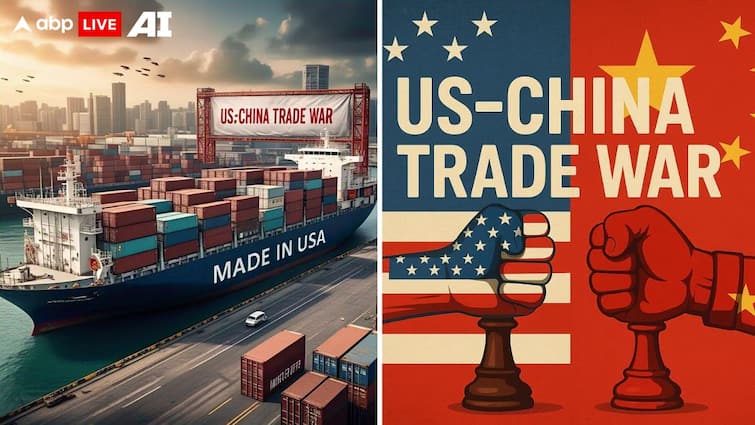The United States and China are set to begin imposing reciprocal port fees on Tuesday, escalating tensions in maritime trade as both nations target ocean shipping firms transporting everything from consumer goods to crude oil.
The move underscores the high seas as a critical front in the ongoing trade dispute between the world’s two largest economies, reported Reuters.
China has announced that it will collect special charges on vessels that are US-owned, operated, built, or flagged, while explicitly exempting Chinese-built ships from the fees.
State broadcaster CCTV published the detailed provisions on Tuesday, noting additional exemptions for empty ships entering Chinese shipyards for repair.
Fees will be applied at the first port of entry per voyage or for the first five voyages within a year, based on an annual billing cycle commencing April 17.
US Retaliation and Policy Rationale
Earlier this year, the Trump administration unveiled plans to impose similar fees on China-linked vessels to reduce Beijing’s dominance in global maritime logistics and strengthen US shipbuilding.
Investigations under the Biden administration had confirmed that China employed unfair policies to control international shipping, logistics, and shipbuilding, paving the way for these penalties. The US will also begin collecting these fees on October 14.
Impact on Shipping Companies
Analysts expect China-owned container carrier COSCO to bear the brunt, absorbing nearly half of the projected $3.2 billion cost from these fees in 2026. China responded last week with its own levies on US-linked vessels.
Jefferies analyst Omar Nokta highlighted that approximately 13 per cent of crude tankers and 11 per cent of container ships globally could be affected. Xclusiv Shipbrokers Inc warned that this tit-for-tat arrangement could distort international freight flows.
Despite concerns, some industry experts remain cautiously optimistic. A Shanghai-based trade consultant noted that the fees might not severely disrupt operations, as companies are likely to adjust prices to offset increased costs. “What are we going to do? Stop shipping? Trade is already pretty disrupted with the US, but companies are finding a way,” he said, requesting anonymity.
Broader Trade Tensions
In a further escalation, President Trump threatened 100 per cent tariffs on Chinese goods and new export controls on critical software by November 1, following China’s restrictions on critical mineral exports.
Concurrently, US officials warned that nations supporting a UN International Maritime Organisation plan to cut shipping emissions could face sanctions or port penalties. China has voiced support for the IMO plan.
COSCO shares rose more than 2 per cent in early trading on Tuesday. The company’s board approved a plan to buy back up to 1.5 billion yuan ($210.3 million) of its shares over the next three months to maintain corporate value and protect shareholders. The shipping firm has yet to comment on the potential impact of the new port fees.


